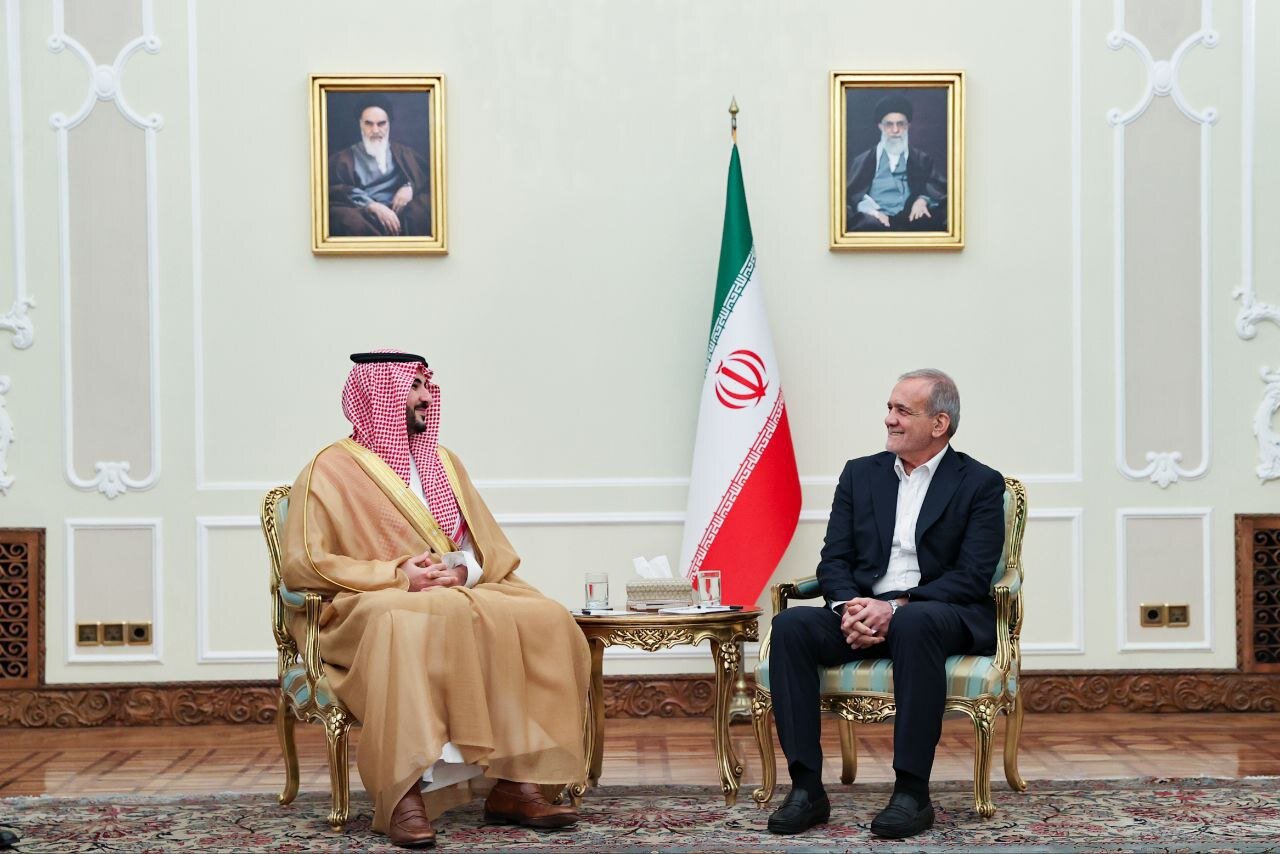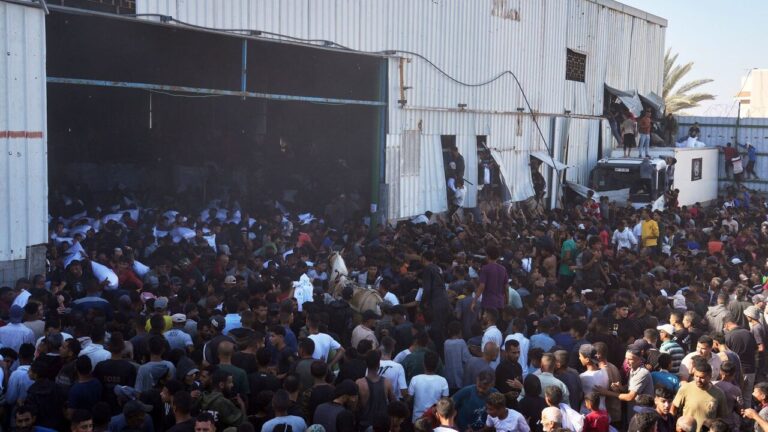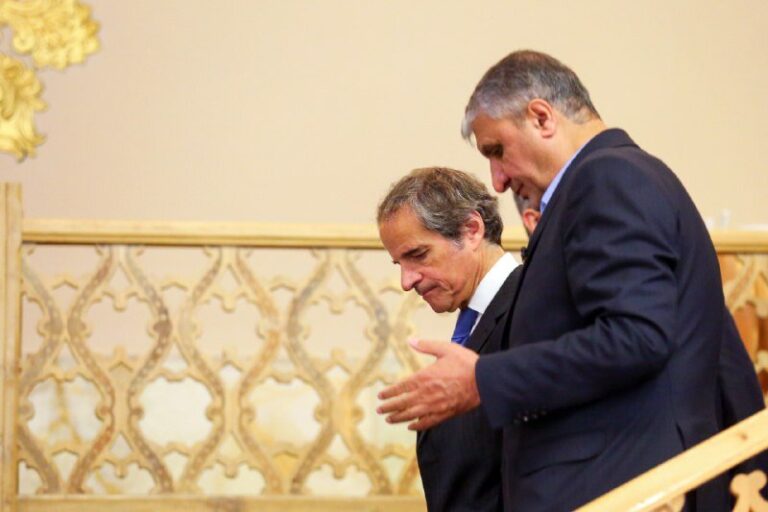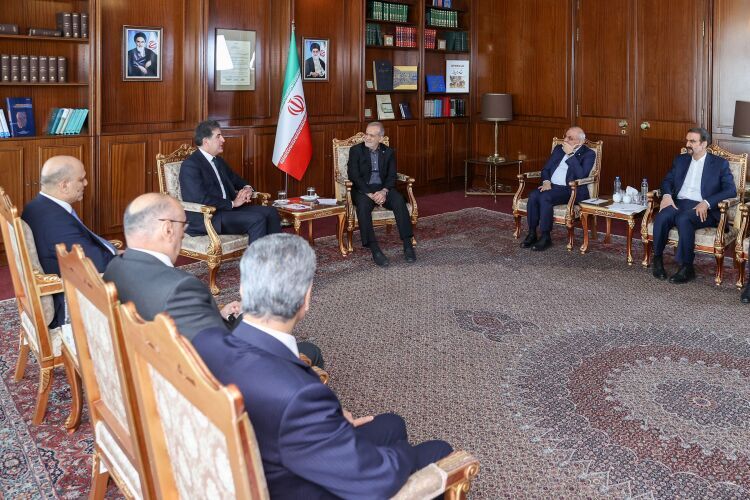Iran and Saudi Arabia: Pioneers of Regional Cooperation and Unity
In a significant diplomatic meeting held in Tehran, President Pezeshkian engaged with Saudi Defense Minister Prince Khalid bin Salman Al Saud, emphasizing the importance of Islamic unity among nations. This encounter focused on the deep-rooted religious, cultural, and historical ties that bind Muslim countries, highlighting the need for cooperation and collaboration.
During the discussions, President Pezeshkian articulated that the unity among Islamic nations is essential for achieving peace, security, and sustainable economic development across the region. He stated that the ongoing disputes and poverty within Muslim nations are detrimental to the Islamic Ummah.
Key points from President Pezeshkian’s address included:
- The necessity of cohesion among Islamic countries as a prerequisite for regional stability.
- The potential of Islamic nations to serve as a model for coexistence, welfare, and progress.
- The readiness of the Islamic Republic of Iran to enhance its relationships with Saudi Arabia across various sectors.
“The Islamic Republic of Iran is fully ready to expand its ties with Saudi Arabia in all arenas,” President Pezeshkian stated, affirming Iran’s commitment to fostering stronger bilateral relations.
The President also welcomed the establishment of joint working groups dedicated to addressing political, economic, and security matters. He expressed optimism that both Iran and Saudi Arabia could leverage their shared strengths to tackle regional challenges independently, without foreign interference.
“We hope that the friendship between our two nations will reinforce the interests of the Islamic world and deter adversaries from attempting to sow discord among Muslim countries,” Pezeshkian added. This statement underscores the importance of collaboration as a means to address common threats and challenges.
Additionally, President Pezeshkian expressed his willingness to host Saudi King Salman bin Abdulaziz Al Saud and Crown Prince Mohammed bin Salman Al Saud in Tehran, signaling a desire for deeper engagement and dialogue between the two nations.
Furthermore, the plight of the Palestinian people was a focal point in the conversation. President Pezeshkian pointed out that genuine unity among Islamic states could prevent humanitarian crises like the one currently affecting Gaza. He asserted that if Islamic nations come together, the Zionist regime would be unable to inflict such suffering upon the besieged population.
In response, the Saudi minister conveyed warm greetings from King Salman and Crown Prince Mohammed bin Salman to President Pezeshkian, describing his discussions with Iranian officials as positive and constructive. This exchange reflects a mutual acknowledgment of the need for dialogue and cooperation to address shared concerns.
In conclusion, the meeting between President Pezeshkian and Prince Khalid bin Salman Al Saud marks an important step towards enhancing Islamic unity and collaboration. As both leaders recognize the potential for cooperation, the future of relations between Iran and Saudi Arabia could pave the way for a more stable and prosperous region.
As the geopolitical landscape continues to evolve, the commitment to strengthening ties and fostering unity within the Islamic world remains a critical focus for both nations. By working together, Iran and Saudi Arabia can set an example of solidarity and mutual respect that resonates across the Muslim community.






